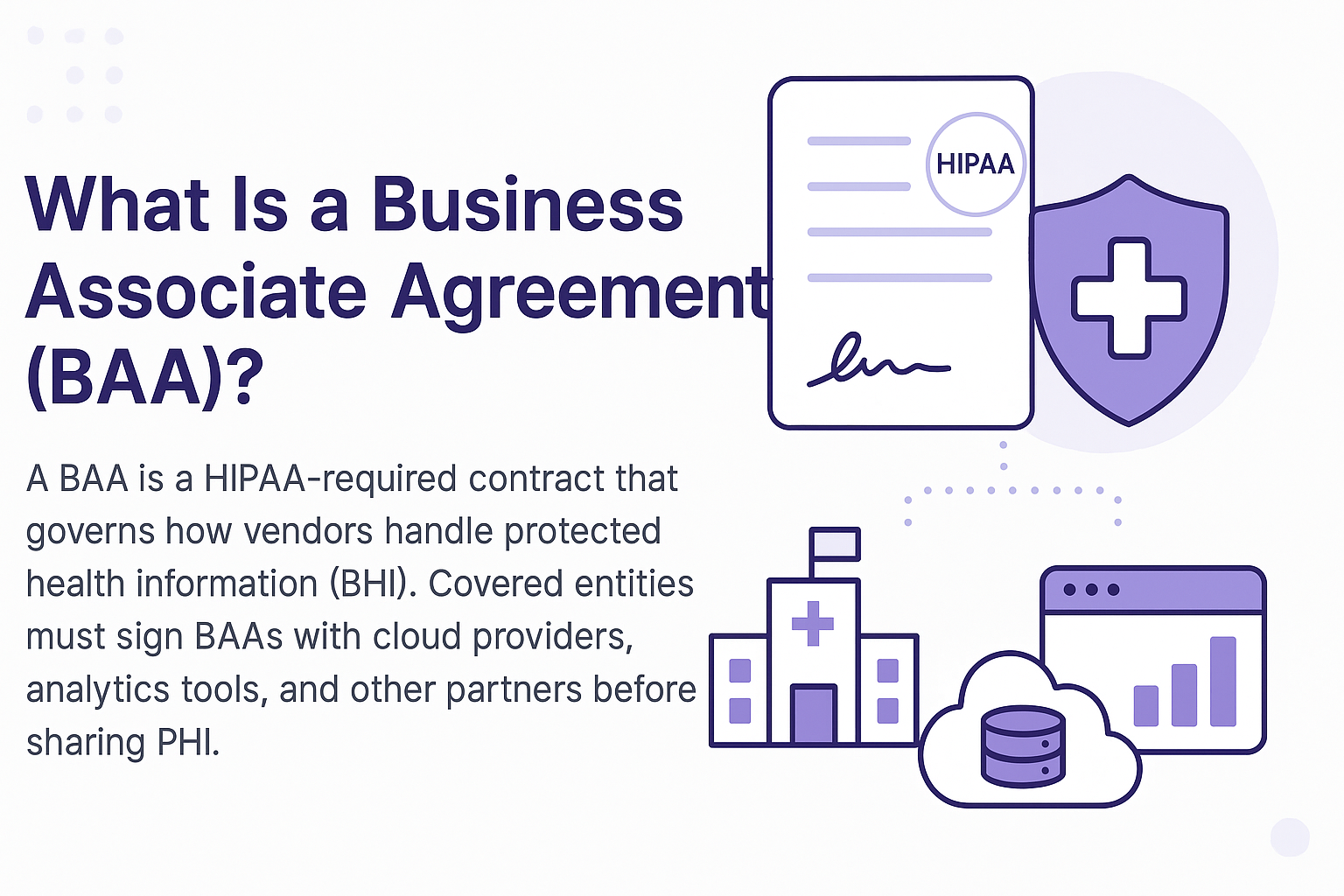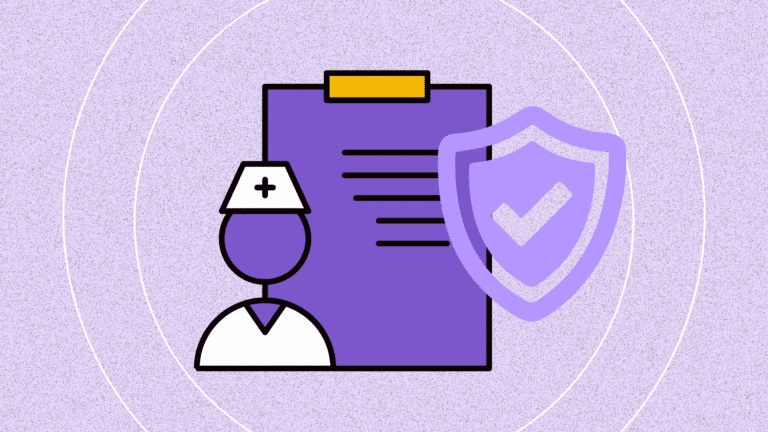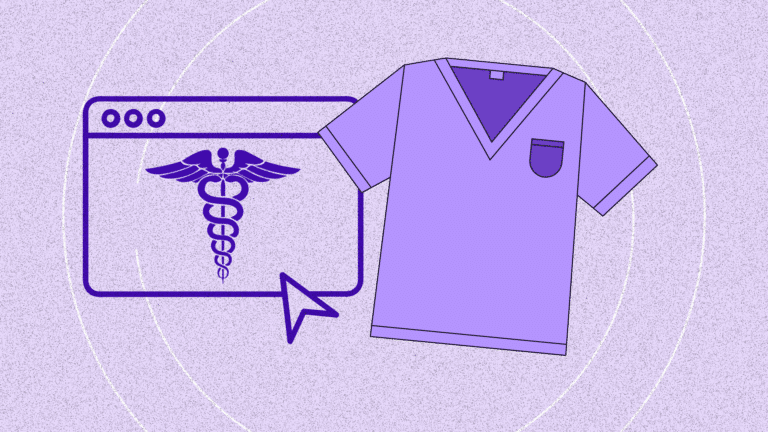Summary
- A Business Associate Agreement (BAA) is a legally required contract under HIPAA.
- It governs how third parties handle protected health information (PHI).
- Healthcare providers must have BAAs in place before sharing PHI with vendors.
- Failing to sign a BAA can lead to HIPAA violations and heavy fines.
- Cloud services, marketing platforms, and analytics tools often qualify as business associates.

What Is a Business Associate Agreement?
A Business Associate Agreement (BAA) is a formal, legally binding contract between a HIPAA-covered entity (like a hospital or health plan) and a third party (called a “business associate”) that performs services involving access to protected health information (PHI).
The Business Associate Agreement (BAA) outlines the business associate’s responsibilities for protecting PHI and complying with HIPAA’s Privacy, Security, and Breach Notification Rules. It ensures that both parties are accountable for safeguarding sensitive patient data throughout their relationship.
Who Needs a Business Associate Agreement (BAA)?
You need a Business Associate Agreement (BAA) any time a third-party vendor touches PHI on behalf of a covered entity. This includes:
- Cloud storage providers (e.g., AWS, Azure, Google Cloud)
- Billing and claims processors
- Email marketing platforms handling patient lists
- EHR system vendors
- Telehealth and appointment scheduling platforms
- Analytics services (like GA4) if PHI is involved
Even subcontractors hired by business associates—known as downstream business associates—must sign a BAA with the primary vendor. This ensures a chain of trust and compliance all the way down.
What Does a Business Associate Agreement (BAA) Include?
A compliant Business Associate Agreement typically includes:
- Permitted uses of PHI by the business associate
- Required safeguards to protect PHI (e.g., encryption, access controls)
- Breach reporting procedures, including timelines and notification details
- Subcontractor obligations to also comply with HIPAA
- Return or destruction of PHI upon termination of the contract
- The right of the covered entity to audit or monitor compliance
Importantly, the BAA does not replace a master services agreement (MSA)—it’s a supplemental legal document specifically focused on HIPAA requirements.
Why Is a BAA So Important?
Without a signed BAA, a covered entity cannot legally share PHI with a third party, even if that vendor claims to be HIPAA-compliant. Doing so is considered a direct violation of HIPAA.
The U.S. Department of Health and Human Services (HHS) has issued multimillion-dollar fines for organizations that failed to secure BAAs with their vendors. In one case, a healthcare provider paid $750,000 for neglecting to get a BAA before using a cloud storage provider to hold patient records.
Does a BAA Make a Vendor HIPAA-Compliant?
No. A BAA alone does not make a vendor HIPAA-compliant. It simply defines the responsibilities of the business associate. Actual compliance requires the vendor to:
- Implement administrative, technical, and physical safeguards
- Train staff on HIPAA rules
- Conduct risk assessments
- Encrypt PHI in transit and at rest
- Monitor access and log activity
Covered entities should vet their vendors carefully and ensure they have appropriate safeguards in place, even after signing a BAA.

How Does a BAA Relate to Online Privacy Tools?
As more healthcare organizations use web-based tools and analytics, questions around BAAs and HIPAA compliance are growing. For instance:
- Google does offer a BAA for Google Workspace, but not for all Google products (e.g., reCAPTCHA or Google Ads).
- Meta (Facebook) does not sign BAAs for the Meta Pixel, which has led to multiple HIPAA violation lawsuits.
- Tools that collect IP addresses, cookies, or device IDs tied to health-related browsing may be considered business associates if they process PHI.
To reduce risk, covered entities should audit all vendors touching online workflows and limit unnecessary PHI collection.
FAQ
Do I need a BAA with my email provider?
If your email service handles PHI—such as appointment reminders, lab results, or patient forms—yes, you need a signed BAA. Providers like Google Workspace and Microsoft 365 offer HIPAA-aligned services with BAAs.
Is Google Analytics HIPAA-compliant if I anonymize data?
Not by default. Google Analytics does not sign BAAs, and IP addresses may still be considered PHI. Anonymization helps, but if any data can be tied back to a person’s health activity, the tool may still violate HIPAA.
What happens if I don’t have a BAA?
You risk noncompliance. The Office for Civil Rights (OCR) can fine organizations for unauthorized PHI disclosures—even if no breach occurs. Always ensure a BAA is signed before sharing PHI with vendors.
Conclusion
A Business Associate Agreement is a non-negotiable requirement under HIPAA when working with any vendor that handles PHI. It’s not just a formality—it’s a legal contract that can determine liability in the event of a breach. Healthcare organizations must:
- Identify all vendors that access PHI
- Secure signed BAAs before data sharing
- Confirm the vendor’s actual compliance beyond just paperwork
- Understanding the role of the BAA is a crucial first step toward maintaining a secure, HIPAA-compliant ecosystem.


